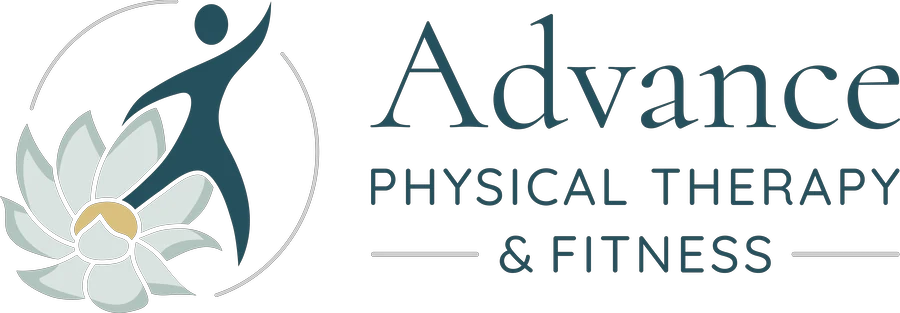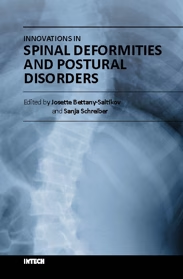Scoliosis and spinal deformity were easily “key words” for Advance Physical Therapy in 2017. In the past year we have immersed ourselves beyond our specialized patient treatments. We have moved into the realms of writing and teaching about our unique and powerful approach to scoliosis. This summer, our chapter in the international publication: “Innovations in Spinal Deformities and Postural Disorders” was published. It can be reviewed here: Postural Restoration: A Tri-Planar Asymmetrical Framework for Understanding, Assessing, and Treating Scoliosis and Other Spinal Dysfunctions.
Work on this chapter was consistent with our desire to bring our approach to the broader conservative treatment community. We had been presenting for several years on the topic of scoliosis for PT students at the University of North Carolina at Chapel Hill. So when we were also invited by our mentor, Ron Hruska – founder of the Postural Restoration Institute, to present on Scoliosis and Curvature of the Spine, we were honored, prepared (well sort of) and happy to accept. During this recent December presentation, we were able to share a bit of our approach with about 100 of our peers. We covered pediatric and developmental aspects of scoliosis, scoliosis screening, evaluation and treatment guidelines. Our overarching theme, based on our clinical experiences, was early screening and treatment for best treatment outcomes.
[envira-gallery id=”3878″]
I would like to spend a minute on this theme of early intervention and screening. We see time and again that younger patients presenting with smaller curves are easier to manage. (Warning: Spoiler Alert for our next blog post). Often, not always, these curves regress or remain stable during periods of growth when treated effectively. Thoughtful management (often including bracing) during this critical period of growth has shown us time and again the power of our conservative approach. We acknowledge that not every patient will avoid surgery. However, once the rapid adolescent growth period has passed, spine curves stabilize and reduce the need for surgery.
SCOLIOSIS CLINICAL TIP: We would like parents and practitioners alike to better understand a simple tool: The Adams Forward Bend Test, to improve screening for spinal deformity. Early detection means treatment can begin as soon as possible.
To be effective in scoliosis screening, we must understand what we are looking for. Scoliosis creates deformity in 3 dimensions. As such, changes in the spine are often detectable front to back, side to side and in rotation. When movement is attempted in any one of these planes, all planes are affected. So, a simple forward bend test can be used by parents and practitioners to effectively detect aspects of scoliosis in 3 different body planes.
For example, during a forward bend in the front to back direction, patients with scoliosis will often have a flattening in the middle of the spine. This is seen most often at the region between the shoulder blades. In the side to side direction, the patient will tend to side bend at the trunk if there is a scoliotic curve. In the rotational plane, we look for a rib prominence on forward bending as the spine and ribcage turn from the twisting effect of scoliosis. Any of these features warrant further scoliosis evaluation from a scoliosis practitioner.
Adams Forward Bend Test- Scoliosis Screening Key Findings:
- Flattening of Thoracic Kyphosis
- Spinous Process Rotation
- Rib Prominence
- Trunk Side Bending
We look forward to further refining and improving our treatment approach for our patients with scoliosis and spinal deformity. We have plans for further teaching opportunities, collaboration and are hopeful for clinical research opportunities. Please contact us with interest in personal treatment for scoliosis or spinal deformity at any age, education requests or research opportunities at: 919-932-7266.

